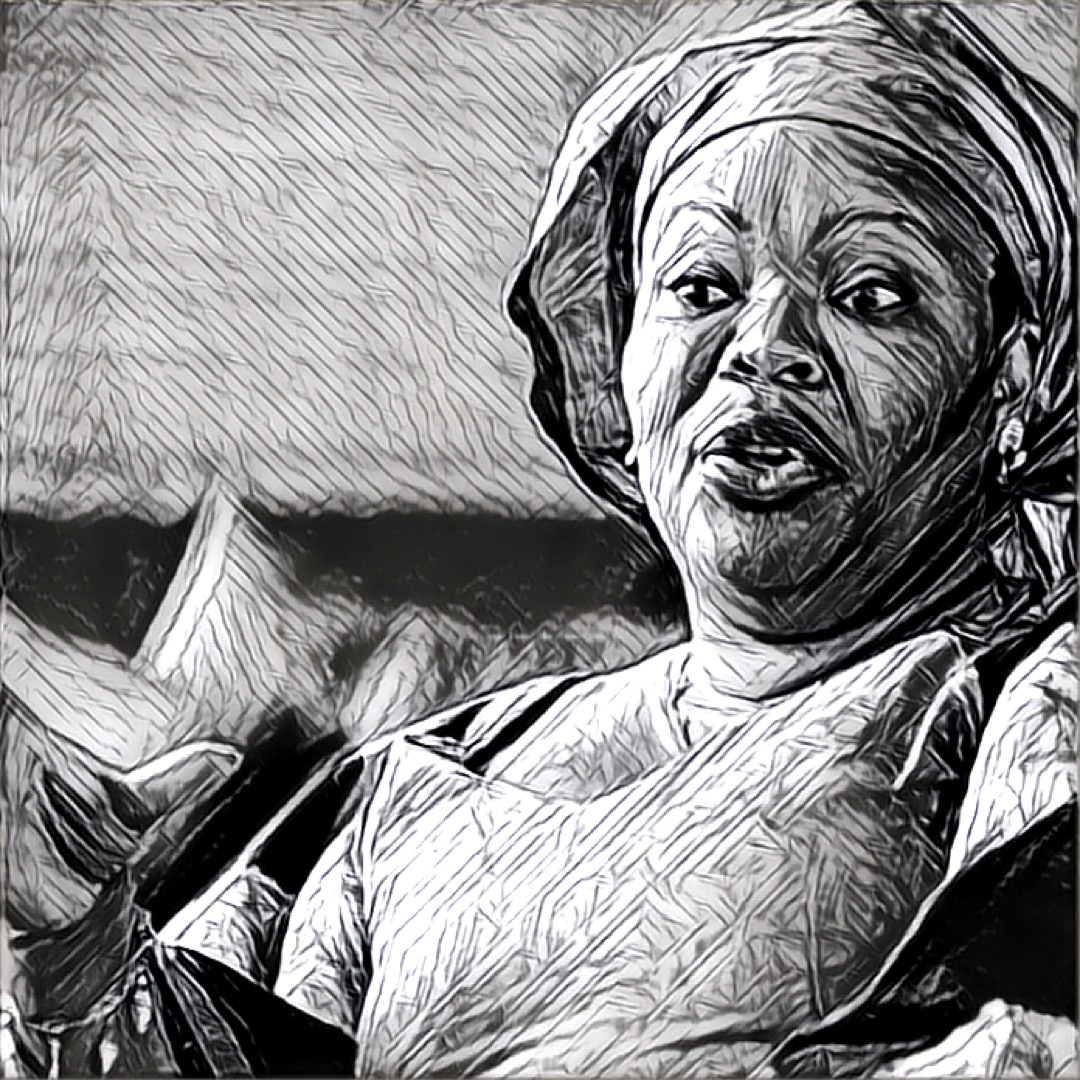Trauma healing, peace-building
We have abundant potential within us, and all of nature to guide us as we navigate through the world.
Leymah Gbowee was seventeen when the First Liberian Civil War broke out in 1989. As a native of Liberia, she suffered major privations and hardships at the hand of brutal soldiers from Samuel Doe's ruling government, only to face worse conditions at the hand of former government minister Charles Taylor, who ousted him. She survived as a refugee, fleeing to Ghana when rebel forces took the city of Monrovia. Her family scattered, and her home looted and destroyed, she was witness to countless atrocities at a very young age. She married a serial abuser and bore four children. The abuse she suffered at his hand informed her later activism and led directly to honing her skills as a social worker and Women's Rights advocate.
Trauma healing
Leymah volunteered at a program at St. Peter's Lutheran Church called the Trauma Healing and Reconciliation Program (THRP). They were tasked with repairing the country's considerable collective psyche of damage caused by the war. One of Gbowee's first assignments was working with children who had been employed as soldiers in Charles Taylor's army. These boys, some as young as five, had been forced to carry and use weapons. They were taught to murder, to take alcohol and drugs, and to recruit others. It was in the process of helping these seemingly hopeless boys learn to heal that Gbowee formulated what she later used as the basis for political change. She realized if change were to come to Liberia, it would be at the hands of its women.
Peace-building
Gbowee later joined WIPNET, an acronym for Women in Peacebuilding Network. She led a contingent of Liberians from all classes to fragile peace talks in Ghana, which had bogged down in the egotistical torpor of the exclusively male leaders. She staged a sit in blocking the glass doors of the exclusive hotel's meeting room. The protestors held signs declaring "Butchers and murderers of the Liberian people - STOP!" Leymah passed a note in to the head mediator General Akubar, former president of Nigeria. She stated her intention to link arms with her compatriots, holding the delegates hostage until an agreement had been reached. Gbowee and her partners stayed on site for days. Weeks later, the war ended.
Leymah Gbowee pioneered the modern-day version of the ancient custom of openly sharing with a group the traumas one has suffered in war. She discovered that the deep sense of shame these women all carried kept them isolated, impotent, and demoralized. When she was first tasked with building a coalition of women across religious, tribal, and class differences, she had to appeal to their commonality, to their unity. She succeeded, and it was the women of Liberia that turned the tide and won the peace. I recommend her excellent memoir Mighty Be Our Powers.
Be like Gbowee.











































